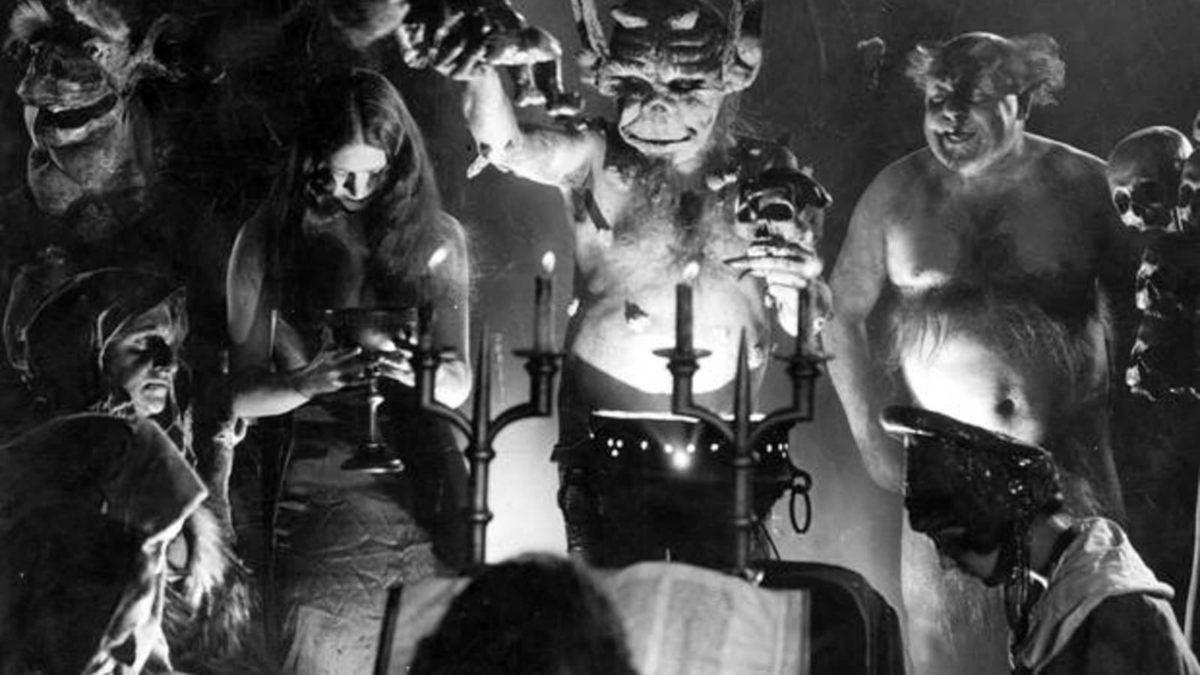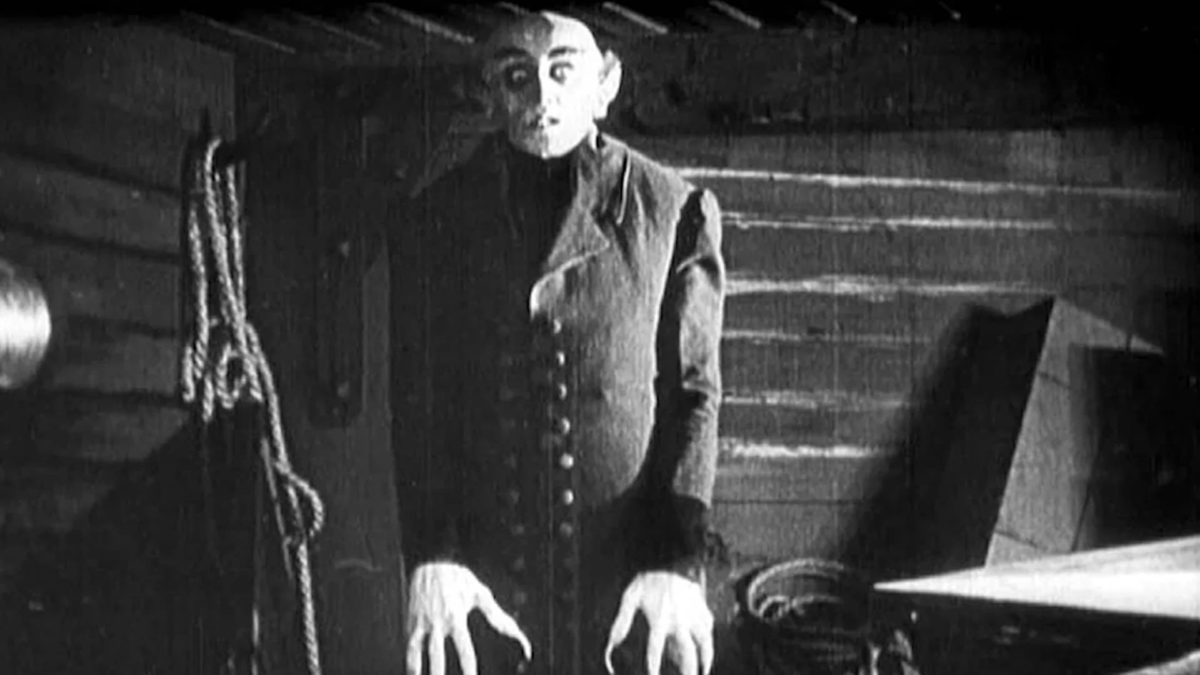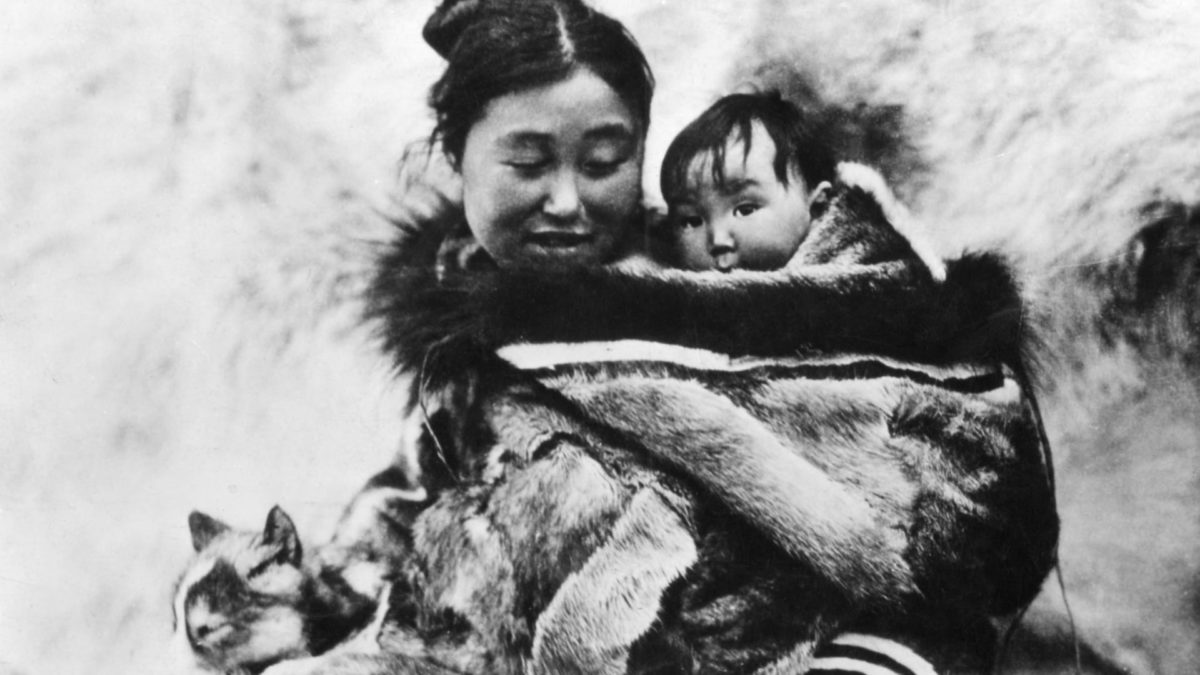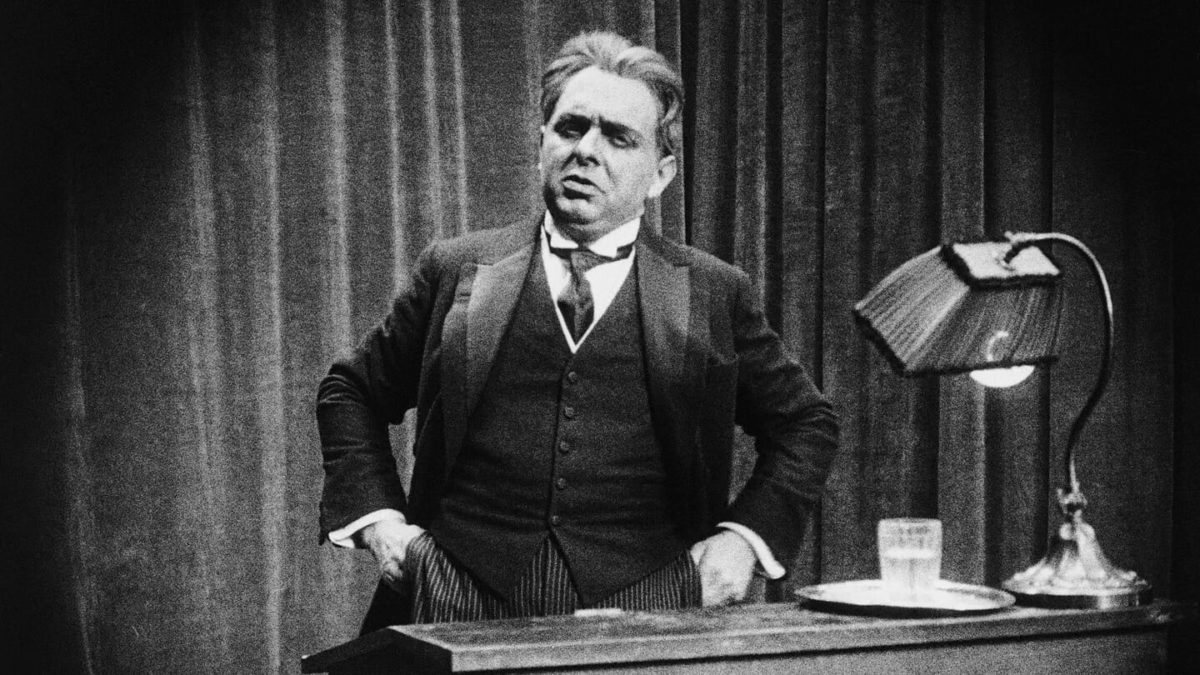Soviet montage cinema is one of the most idiosyncratic movements in movie history, and also one of the most influential.
Strike (1925)


Soviet montage cinema is one of the most idiosyncratic movements in movie history, and also one of the most influential.

The Last Laugh is tightly bound to the time and place in which it was created.

Silent cinema is full of legendary figures, but none is quite so mythic as Abel Gance.

Buster Keaton’s legacy in cinema history is not just one of the two greatest and most beloved silent era comedians (along with Charlie Chaplin), but one of the medium’s great directors, period.

Erich von Stroheim is a complex and compromised figure from early cinema history.

Documentaries did not properly exist in 1922 as a cinematic form.

F.W. Murnau’s Nosferatu is among the earliest horror films to be universally canonized, and it’s not hard to see why

Nanook of the North is often hailed as the first documentary — though both the “first” and “documentary” parts of that are up for debate.

Film serials peaked in the mid-to-late-1910s, but their epic-yet-episodic storytelling mode didn’t completely vanish.

Many of the very early — like 1925 and before — films that have endured in the canon are epics.